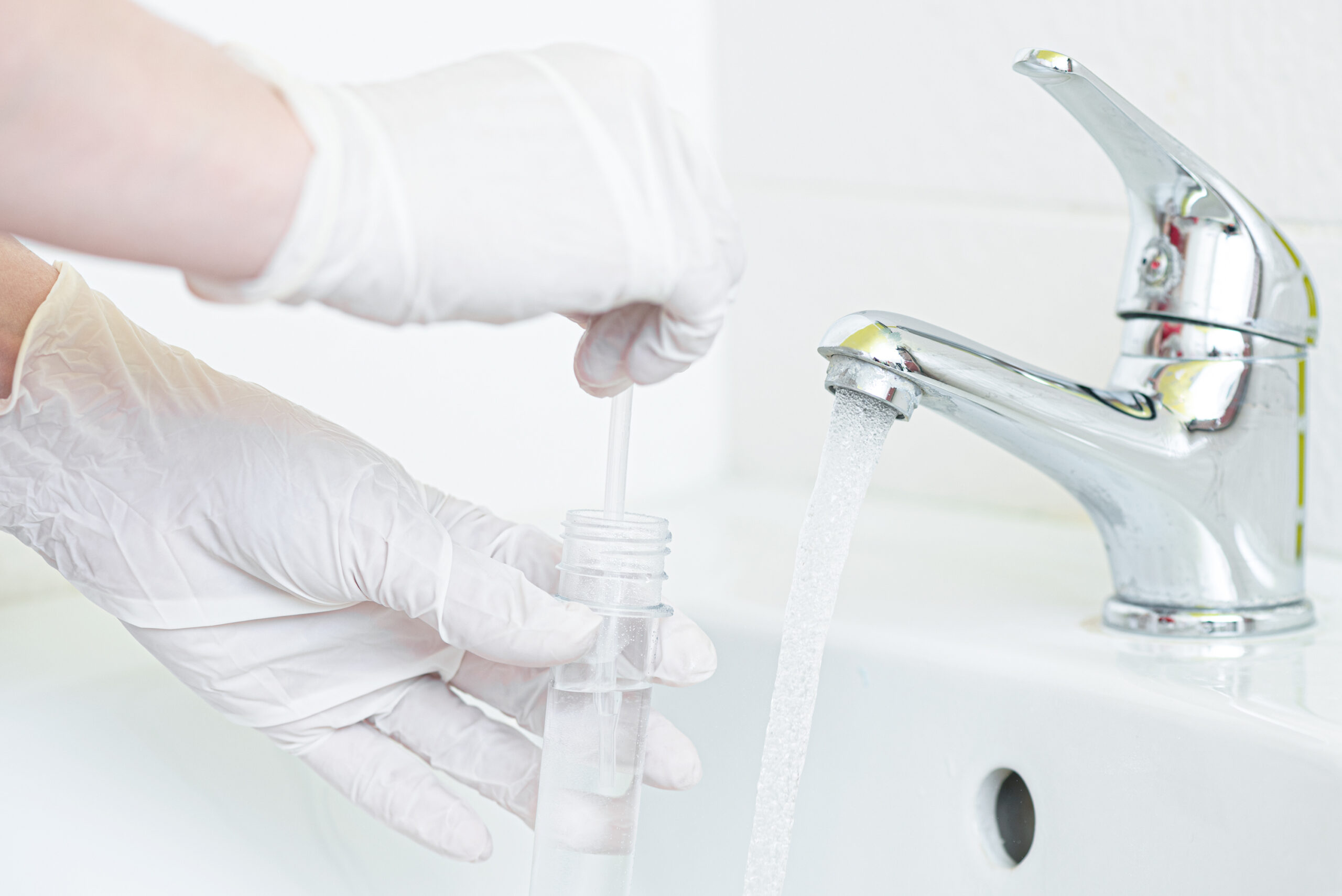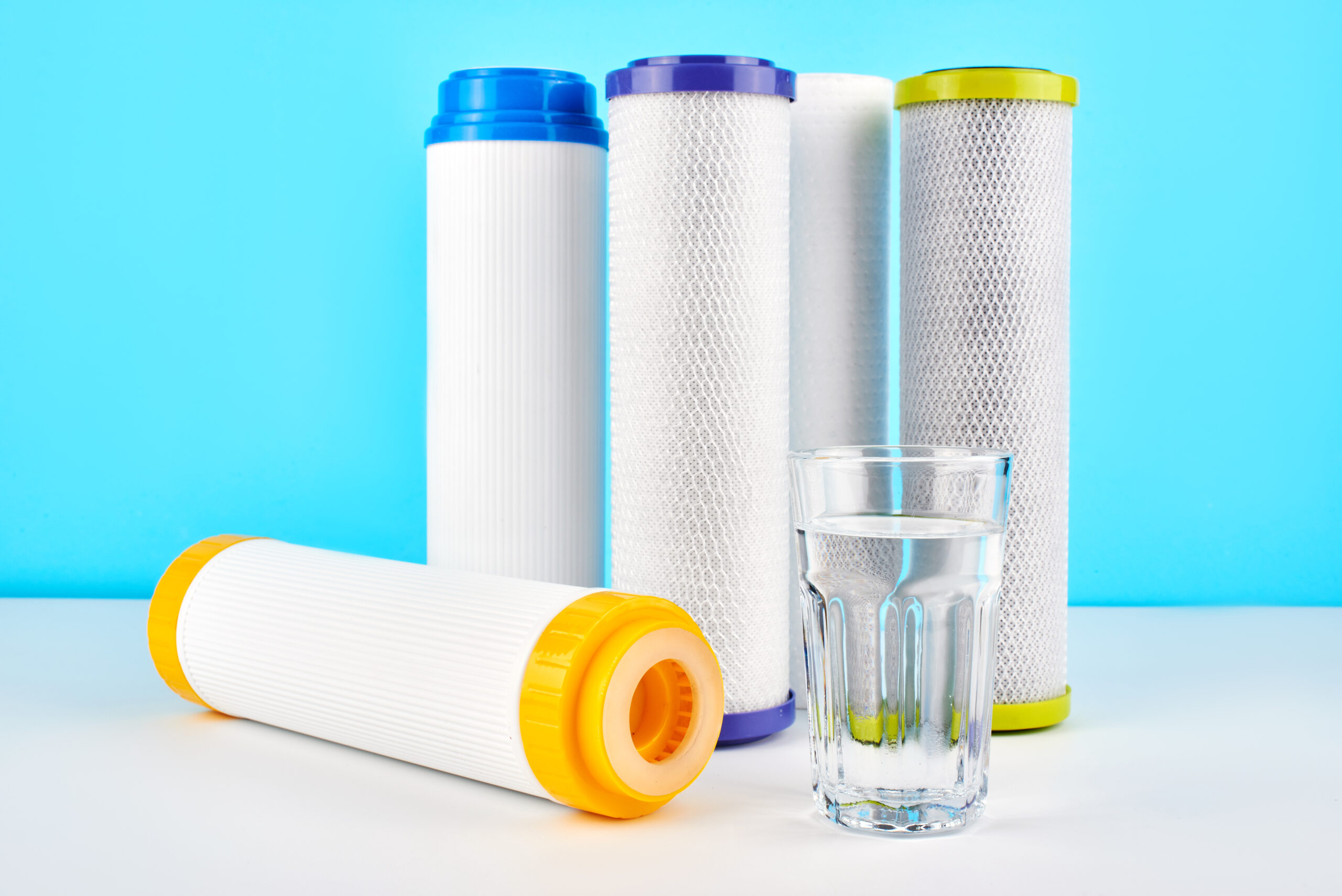At Elder's Pure Water, we know that clean, safe drinking water is essential to the health and well-being of our families in the Dallas Fort Worth Westoplex area.
There are a massive number of water filters available in the market. Choices range from water filter pitchers and point-of-use filters to whole-home options, so finding the best water filter for your distinct needs can be overwhelming. The key to making the right decision is to be informed. It’s critical to know the unique qualities of your water and to understand that no single water filter can keep every type of contaminant out of your drinking water.
Today, we’ll explore the importance of having your water tested, so you know what’s in it. This way, as a homeowner, you can choose the best filtration method for your water needs based on what you know is in your water.

The Importance of Water Testing
Before investing in a water filter, it’s critical to have your water tested. Every water source is different, and the quality of water can vary significantly depending on its origin and the surrounding environment. Some water sources may contain potentially harmful contaminants like lead, chlorine, bacteria, pesticides, heavy metals, or other contaminants, while others may have high mineral content like calcium and magnesium. Your friend a few blocks away may even have different water contaminants and require a different type of filter than you.
The Water Quality Association recommends homeowners have their water tested by a water treatment professional or a certified lab. Having your water tested by a professional gives you valuable insights about what is in your water, allowing you to select the best water filter that targets the specific contaminants in your supply. Elder's Pure Water offers a free basic water test to help you understand more about what is in your water and under certain circumstances may recommend a more in-depth water analysis.
What is Important to You?
What is important to you also plays a significant role in which water filter you’ll want to choose for your home. Are you only worried about the water you’ll be drinking, or would you like to be able to protect your skin, plumbing, and appliances as well? These are concerns you can discuss with a water treatment expert.
Other things a technician can help you consider when choosing the best filter are your current water pressure, the frequency and cost of replacement filters, and the compatibility of each type of filtration system with your home.
What is the Most Effective Type of Water Filter?
Not all water filters are the same. There are various filtration methods, such as pitcher filters, activated carbon filters, reverse osmosis systems, UV purifiers, and whole-home water treatment systems, to name a few. Each type of water filter targets specific contaminants, and their effectiveness varies. Identifying the most effective filter or combination of filters for your needs depends on the contaminants in your water, the spatial limitations of your home, and your budget.

Some Popular Types of Water Filters
Activated Carbon Filter
These types of filters are effective at reducing chlorine, certain chemicals, and some organic compounds, such as volatile organic compounds (VOCs), and improving taste and odor. They are less effective at removing heavy metals, bacteria, viruses, and other microorganisms. This option requires occasional filter replacement which will depend on the amount of water your family uses.
Reverse Osmosis (RO) System
RO systems can reduce a wide variety of contaminants in tap water, including heavy metals, bacteria, viruses, and dissolved solids. A reverse osmosis filter provides comprehensive purification that produces high-quality, filtered water. This process has been shown to remove essential minerals from water, and some homeowners choose to add a remineralization filter to this type of setup. Reverse osmosis also requires filter replacement but not near as frequently as a water filter pitcher will.
UV (Ultraviolet) Purifier
UV purifiers use ultraviolet light to destroy bacteria, viruses, and other microorganisms by exposing water to UV light. It’s a chemical-free and eco-friendly water purification method, but this type of device does not remove chemicals or heavy metal contaminants from your tap water.
Whole-Home Water Filtration System
Whole-house filtration systems treat all water entering the house, not just the water used for drinking. These are great if you’re looking to go beyond simply filtering drinking water. Unlike point-of-use filters that provide filtration at specific outlets (e.g., kitchen sink or shower), whole home filtration systems treat all the water that enters your house, ensuring clean and safe water for every pipe, tap, and appliance.
Whole-house filters may combine options you read about above, and potentially water softeners, or other specialty filters like iron filters, manganese filters, or specific contaminant filters tailored to your region’s water problems. This all depends on your specific water quality and concerns.

Providing your family with clean, safe drinking water is an investment in their health and well-being. It’s important to remember not all filters are the same and choosing the best water filter for your home requires understanding your water supply’s unique composition and selecting a filter that addresses specific contaminants. The only way to know what those contaminants are is to have your water tested. Contact Elder's Pure Water today at 817-631-4967 to set up a free consultation and water test.

